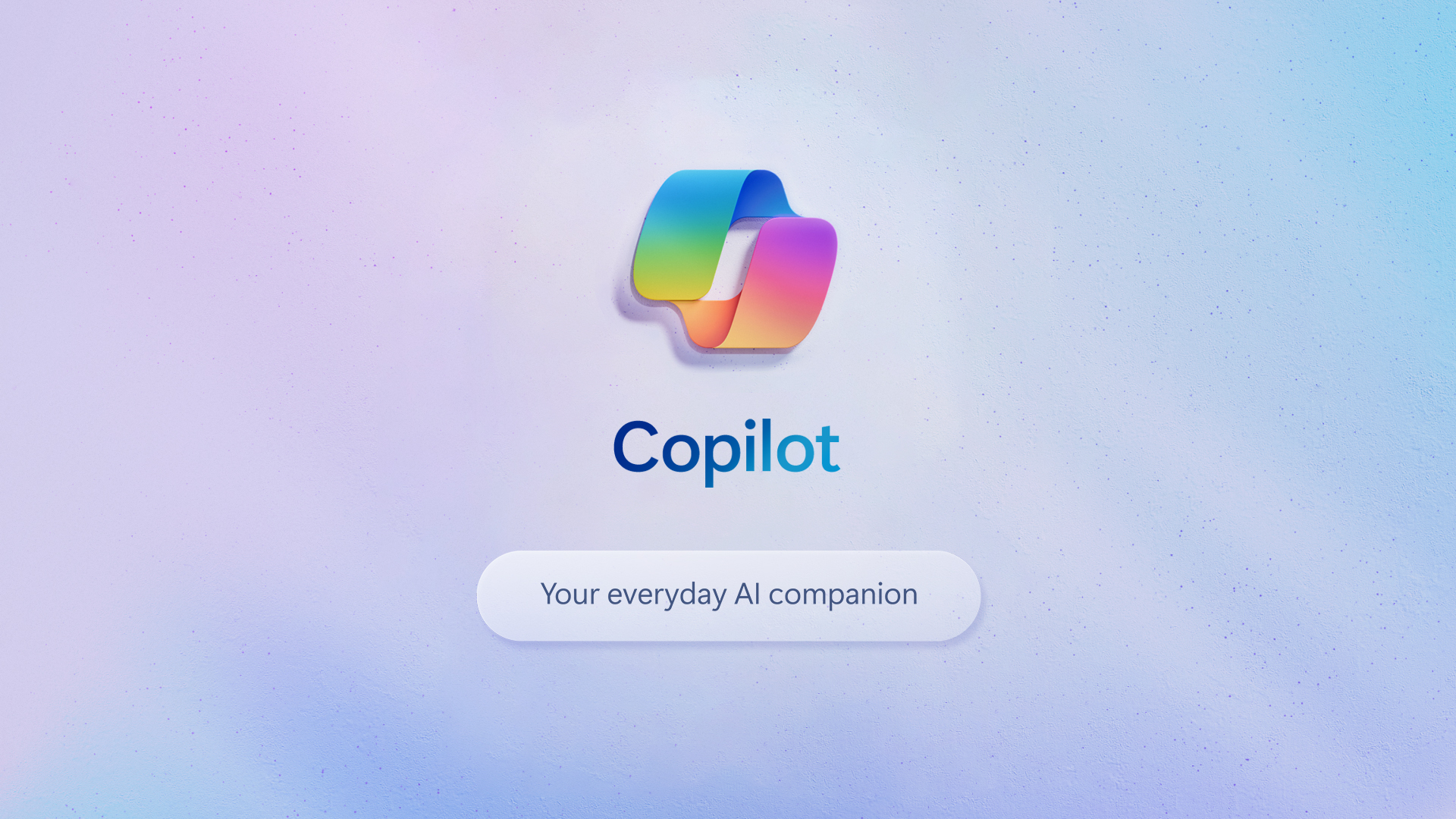Email spoofing, much like all online scams, is on the rise. Spoofing is a form of phishing attack that deceives a user into believing an email came from a trustworthy person or business. It is achieved by the sender disguising the ‘From’ address and using a name or business that the receiver will recognise.
When the ‘From’ address changes appearance, it can easily slip through email security and end up in an individual’s inbox. The main way to protect against this type of email attack is using email authentication solutions such as DMARC.







